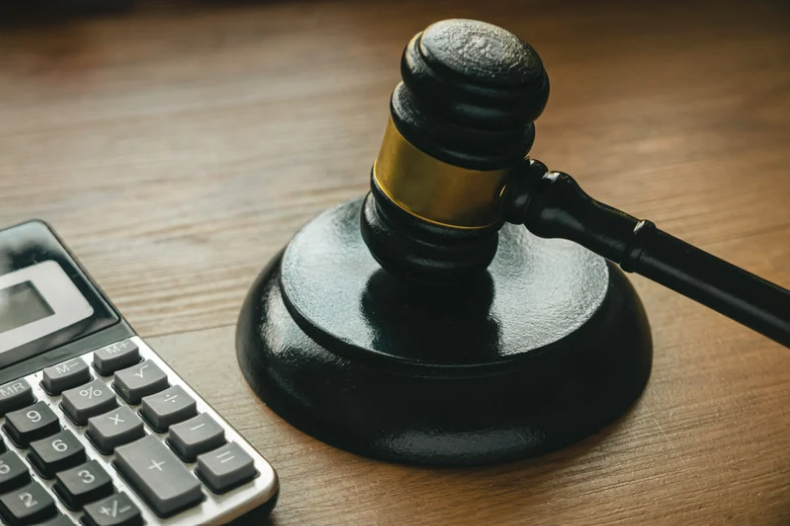WHISTLEBLOWING.
SpeakUp. Whistleblower <channel>.
The Whistleblower Statute, in force since 18 June 2022, imposes an obligation on entities with more than 50 employees to implement formal whistleblowing channels.
This mechanism aims to allow anyone, acting in good faith and on the basis of well-founded suspicions and information obtained in the course of their professional activity, to report or publicly disclose offences or bad practices.
This mechanism aims to allow anyone, acting in good faith and on the basis of well-founded suspicions and informatio


PROTECTION.
Promoting victim protection through <confidential> reporting.
Failure to comply with rules and good management practices designed to protect consumers and the economy in general has detrimental effects on the balance of the market, affecting both companies and citizens.
In order to encourage and facilitate the reporting of improper practices – such as violations of competition rules, corrupt behaviour, harassment, or deficiencies in the production or marketing of products and services, among others – organisations with more than 50 employees operating in Portugal must provide a specific channel that allows employees themselves to communicate or report, anonymously and securely, infractions related to their professional activity, without risk of retaliation.
REPORTABLE.
The issues that can be <reported>.
Complaints or reports on offences can be submitted in the following areas and sectors:
- Public procurement;
- Financial services, products and markets;
- Prevention of money laundering and terrorist financing;
- Product safety and compliance;
- Transport safety;
- Environmental protection;
- Radiation protection and nuclear safety;
- Food and feed safety, animal health and animal welfare;
- Public health;
- Consumer protection;
- Privacy and personal data protection and network and information systems security;
- Violent and highly organised crime.

Whistleblower>statute
.
Law no. 93/2021, known as the Whistleblower Protection Act, was enacted on 20 December 2021. It creates the Statute of the Whistleblower and defines their rights. This legislation transposes Directive 2019/1937 of the European Union, the European Parliament and the Council.
WHISTLEBLOWERS.
Who is <authorised> to report infractions?
It is intended that anyone, regardless of their sector of activity, can report offences or illegalities associated with their professional activity. In particular:
- Workers in the private, social or public sectors;
- Service providers, subcontractors, suppliers and other people who collaborate with these entities;
- Holders of shareholdings and members of companies’ administrative, management, supervisory or oversight bodies, including non-executive members;
- Volunteers and trainees, paid or unpaid.


SUBMISSION.
How can <complaints> be filed?
Whistleblowing can be done internally, within the organisation itself, if there are appropriate channels. However, if the organisation does not have appropriate reporting channels or if there are doubts about how to deal with the complaint, it is possible to refer it to competent bodies, such as:
- Public Prosecutor’s Office;
- Criminal police bodies;
- Bank of Portugal;
- Independent administrative authorities;
- Public institutes;
- General Inspectorates and similar bodies, as well as other central services of the State’s direct administration with administrative autonomy;
- Local authorities;
- Public associations.
Complaints can be made verbally or in writing. If they are made verbally, there must be channels with telephone or voice message reporting options. If the whistleblower prefers, it should also be possible to arrange a face-to-face meeting to make the complaint.
Within seven days, the whistleblower should be informed that their report has been received.
Important>note
.
Whistleblowing channels can be managed internally, by the organisation itself, or externally, by an entity or person designated to receive complaints.
PENALTIES.
The <implications> for non-compliance with the law.
In the event of non-compliance, especially in serious situations such as obstructing the submission or follow-up of a complaint, the legislation provides for fines. These can be up to 250,000 euros for companies or organizations and up to 25,000 euros for individuals.

<Competition Authority Complaints Portal>
.
For matters relating to breaches of competition law, the Competition Authority (PCA) has an online Complaints Portal. The aim of this channel is to make it easier to report practices such as cartels, abuses of a dominant position, among others, which affect the competitive environment and harm consumer interests. In addition to guaranteeing the anonymity of whistleblowers, it provides simple and quick access to all citizens who are aware of a practice that restricts competition within the scope of their professional activity.
